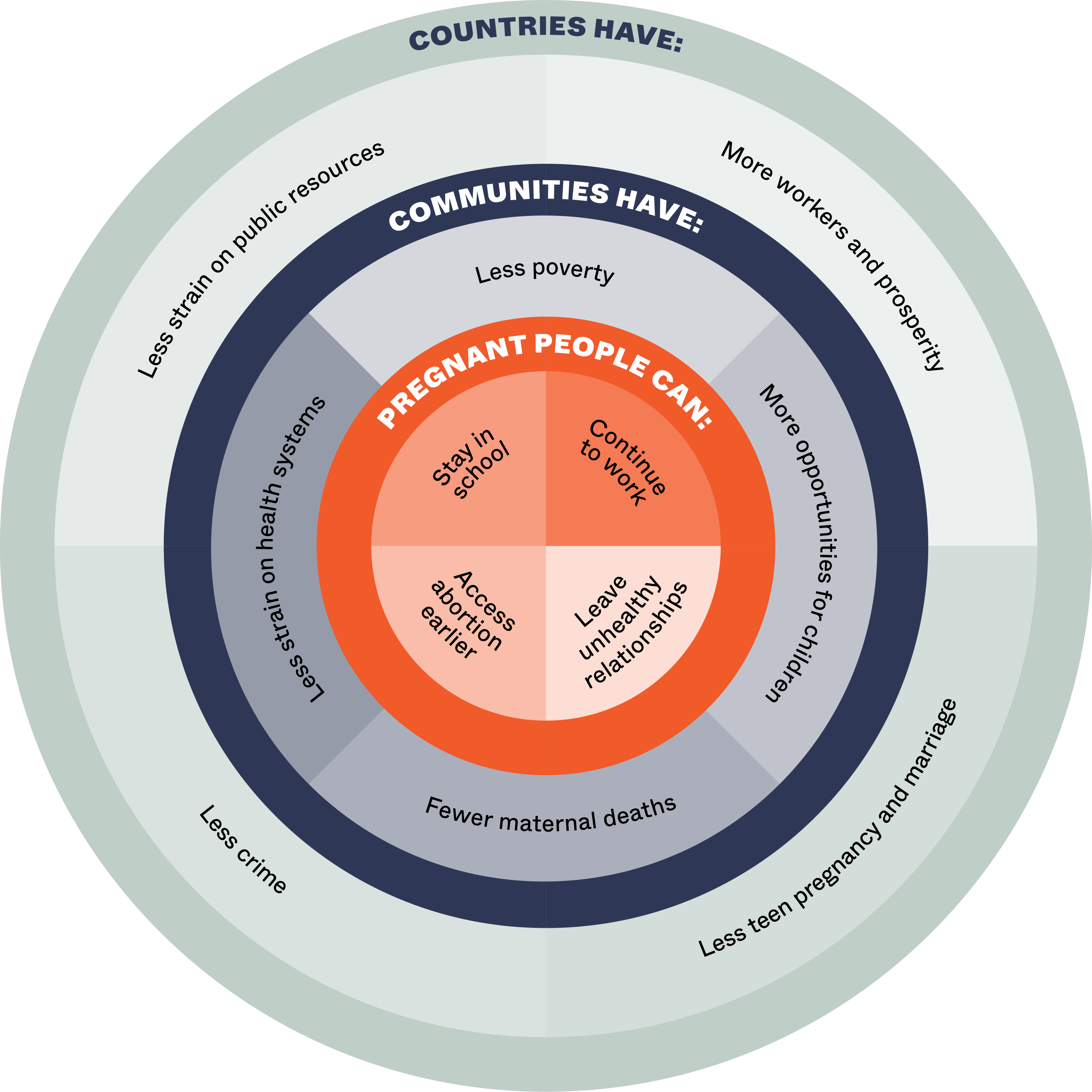For 52 years, Ipas has supported communities around the world to ensure access to abortion and contraception for all. We have a deep history and experience working on abortion in places in the world with very restrictive laws, and with health systems that face critical challenges. Ipas has survived extraordinary challenges in the past, and our mission, persistence, and expertise are more critical than ever in the current moment.
The United States’ drastic dismantling of its $79.5 billion foreign aid program has significantly impacted development and humanitarian sectors and created chaos around the globe. Health systems have been crippled, and countless lives and livelihoods have been disrupted. This is a moment of inflection in the global health and development community.
Ipas does not receive U.S. federal funds, which since 1973 have restricted abortion care and information. However, there are still serious impacts on our programmatic work:
- A reduced health-care workforce means delays in care. Priority is given to ward patients, not outpatient services (such as abortion and contraceptive services), further stigmatizing these services and limiting access. Ipas has canceled some clinical training to avoid further stretching health workers.
- Ministries of Health have suspended outreach services to the most vulnerable and hard-to-reach clients.
- Youth-friendly services have been cut—this will reverse reductions in teen pregnancies and unsafe abortion.
- In some facilities, family planning counseling is now offered in groups instead of individually.
- One-stop centers, a proven model for providing survivors of gender-based violence (GBV) with comprehensive health services—including emergency contraceptives and pre-exposure prophylaxis—are closed or operating on reduced hours.
All of this is happening at a time of vulnerability to droughts and famine in Africa, increased conflict and mass displacement, a devastating earthquake in Myanmar, the ongoing humanitarian crisis in Palestine, and the geopolitical threats posed by the Russian invasion of Ukraine.
What is at stake?
This is a crisis for all health care, and sexual and reproductive health and rights (SRHR) must be treated as a priority. The cost of ignoring SRHR is too great, and too much is at stake. Every day without U.S. funding for reproductive health programs means more than 130,000 women are left without contraceptive care, according to the Guttmacher Institute. That means that in one year, more than 47 million people will be denied modern contraception, resulting in 17.1 million unintended pregnancies, 5.2 million unsafe abortions and 34,000 preventable pregnancy-related deaths.
The evidence is clear. Reproductive health care, including abortion, is life-altering and often lifesaving. In fact, when people can safely get an abortion, it not only improves their quality of life, but that of their families, communities and even countries.
Abortion access benefits every level of society
Research clearly shows that legal, affordable and available abortion care adds up to widespread benefits.
(click image to expand)
Persist, resist, respond
We must reimagine global health, including SRHR. Low- and middle-income countries could use this crisis to shift power and meet the needs of their citizens without the excessive restrictions, vertical structure, and siloed approach of much of USAID funding. Ipas has strong relationships with governments and civil society organizations in the countries where we work. The outsized role of USAID was problematic, and this crisis provides an opportunity to build more sustainable, locally led systems.
The Ipas network offers global, regional, and national results, and our sustainable abortion ecosystem framework with its comprehensive lens and support for local leadership, can help government and civil society partners chart a path forward. Right now, we will:
Strengthen partnerships: The dismantling of USAID diminishes the constraints and stigma imposed by the Global Gag Rule and the Helms Amendment—presumably, there is little funding to withhold. This is an unheralded outcome of this otherwise disastrous situation. Now, we can establish new and non-traditional partnerships to advance SRHR with organizations previously prohibited by these two harmful U.S. policies. We will also increase our work with the private sector, particularly on commodity supply and health system strengthening.
Increase our advocacy support to governments, showcasing that abortion and contraception are essential health care, pillars of democracy, and a critical long-term public investment and responsibility. Ipas can provide evidence to advocate for SRHR and abortion care that demonstrates:
- The public health imperative of abortion and contraception
- The economics of abortion and contraception
- Reproductive rights are human rights
- Trade and women’s empowerment are interconnected
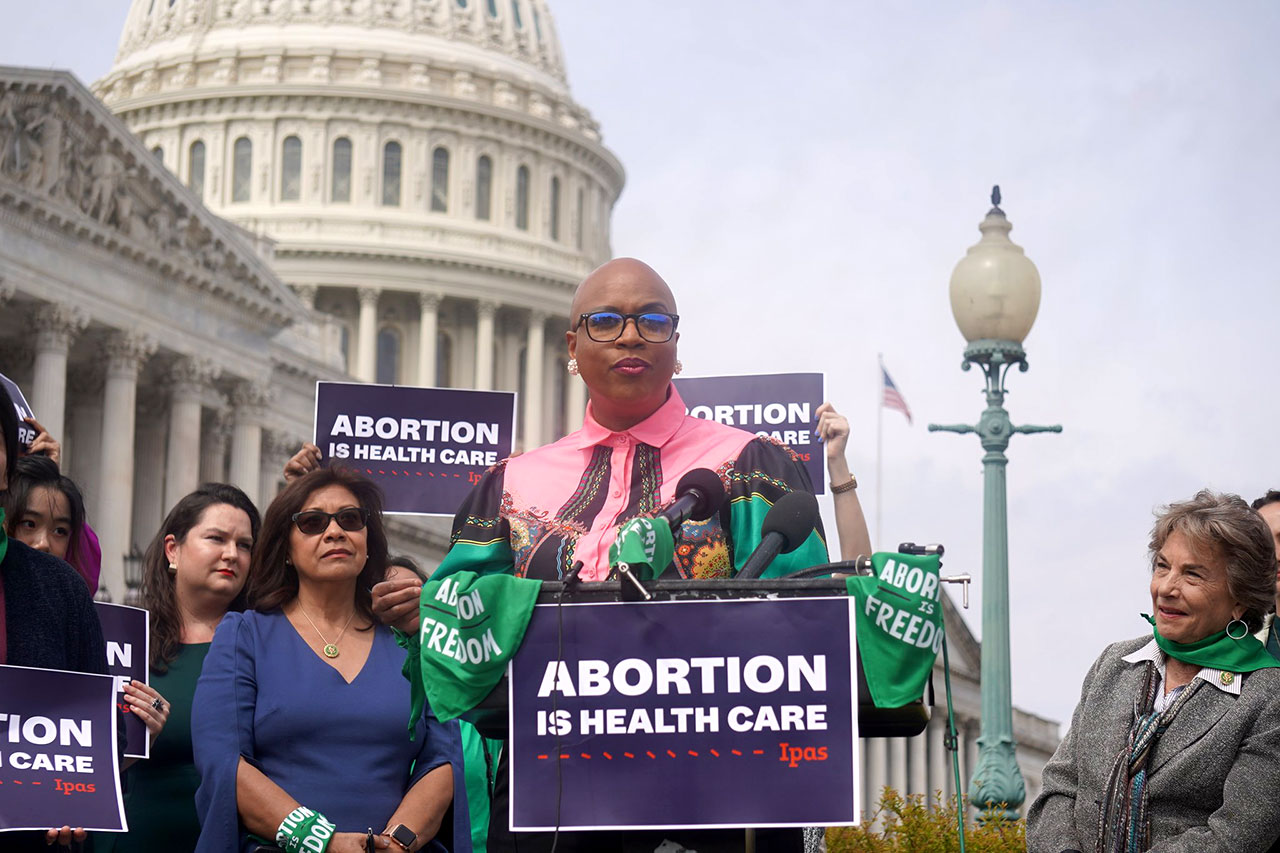
Reducing the harm of U.S. foreign policies
Bolster self-managed abortion safety and access to relieve strain on health systems and open pathways to care. Self-managed abortion is increasingly the method of choice for people seeking abortions and evidence shows that if women know their gestational age, have correct information about how to use abortion medications, and can access a community-based health-care provider, they can safely manage abortions outside of health facilities. Ipas develops and disseminates information and tools to ensure that women get accurate information for abortion self-management, to build evidence regarding the quality of abortion care in out-of-clinic settings, and to better understand what women need and prefer for self-managed abortion.
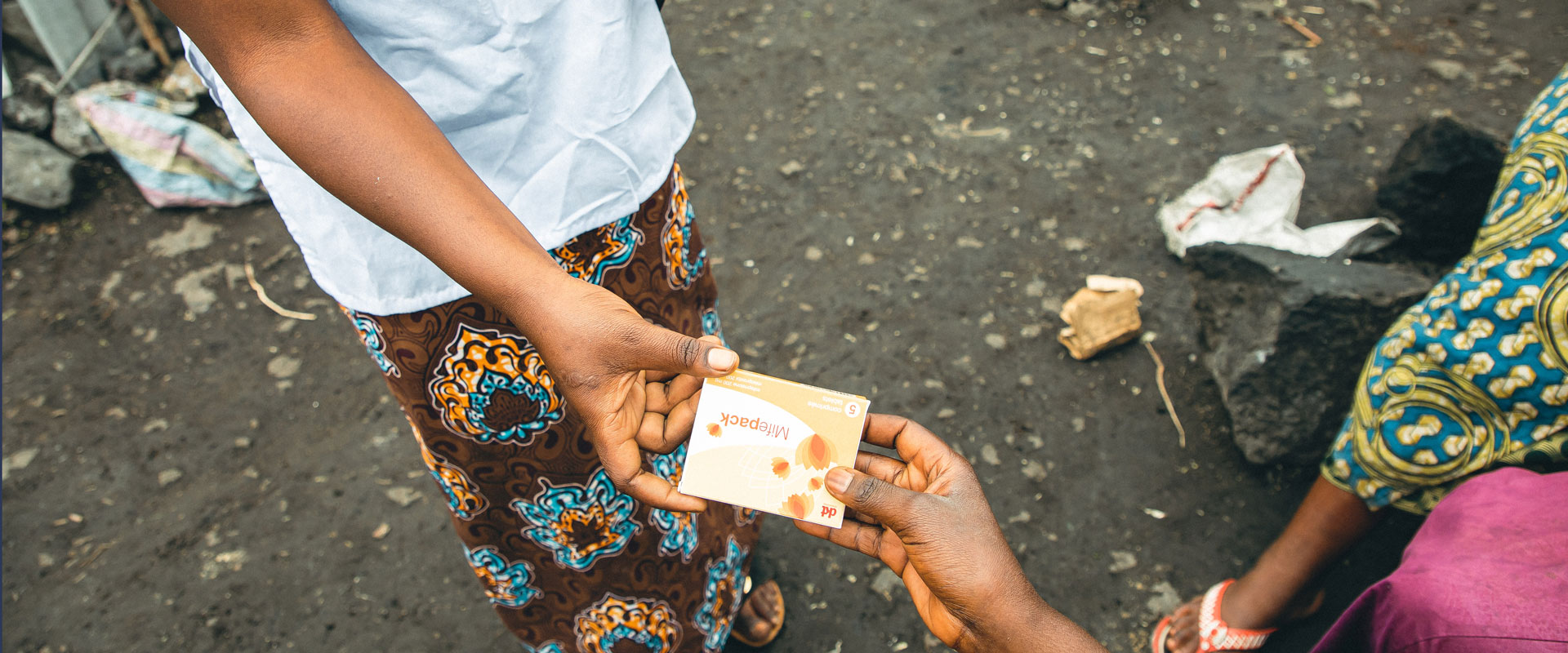
Supporting the right to self-managed abortion
Scale up digital solutions to share accurate information about and expand access to SRHR, including abortion. From mobile phone apps that put information and community resources in the palm of your hand to educational videos and podcasts streamed through popular media-sharing websites, Ipas and our partners are using and creating digital tools to reach more people, especially young people, with the support and information they need. Nearly all Ipas country programs have some sort of digital outreach, and this is an area we will continue to emphasize.
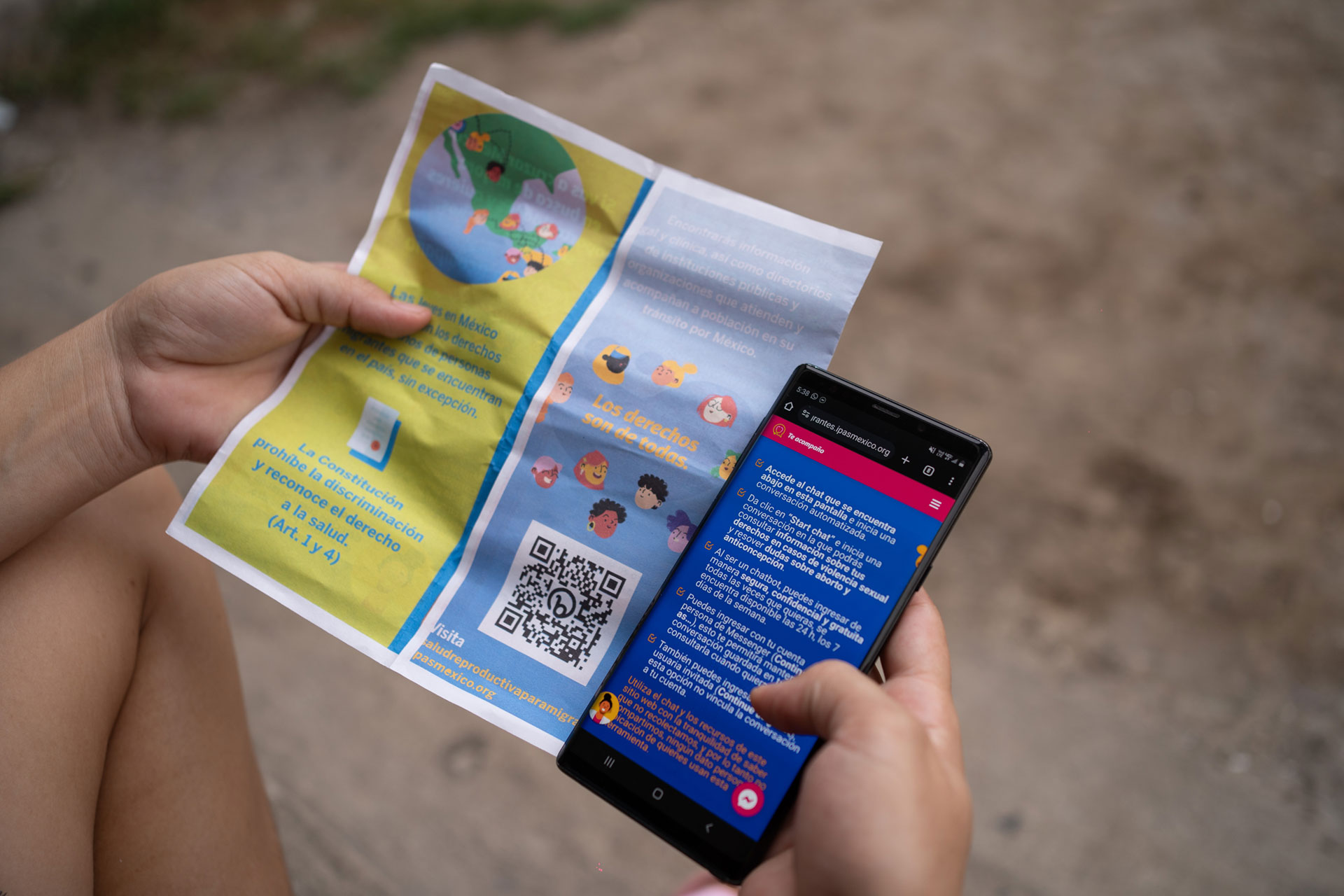
Digital innovations for reproductive health access
Scale up our anti-rights and anti-gender monitoring and advocacy. For more than 15 years, Ipas has worked to understand, mitigate, and share information about the multiple ways anti-rights actors are undermining gender justice, LGBTQ rights, and access to SRHR, including abortion. By tracking broad trends in anti-rights movements and strategically sharing information with partners, media, researchers, and allies, our global teams and researchers are working to counter anti-rights and anti-gender efforts and support the international human rights of all. We also take this information and help transform it into action.
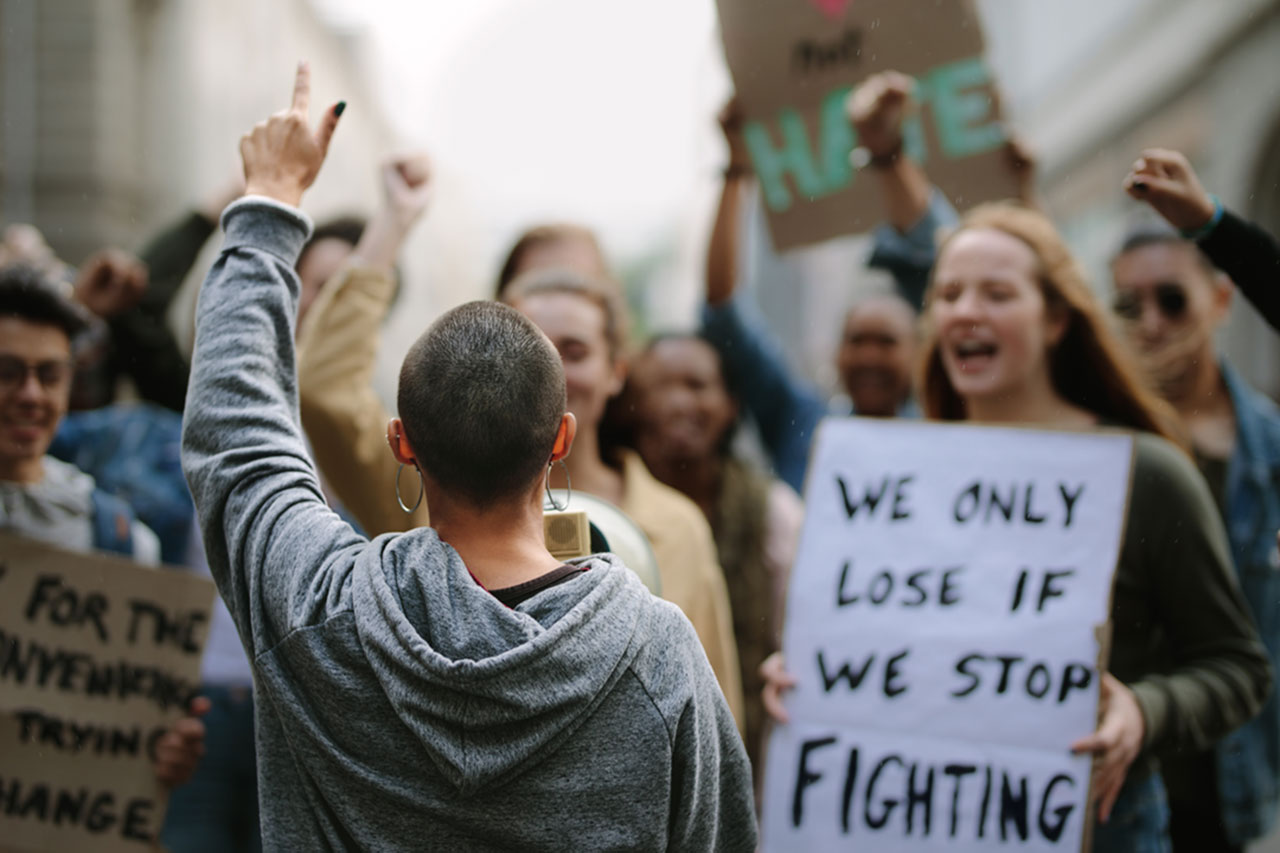
Monitoring gender and human rights
Support local partners and movements through the Ipas Collaborative Fund’s grantmaking and technical assistance. The Ipas Collaborative Fund is uniquely based in the Global South and channels flexible resources to organizations closest to impact. All grantmaking decisions are made by Ipas’s country offices in Africa, Asia, and Latin America, and administered by our Africa Alliance team in Kenya. These offices are staffed by local nationals who have strong ties to community-based organizations and understand their cultural and political contexts. The grants are intersectional, enabling grantees to work across gender equity, LGBTQ rights, gender-based violence, climate change, health equity, and other issues that intersect with abortion.
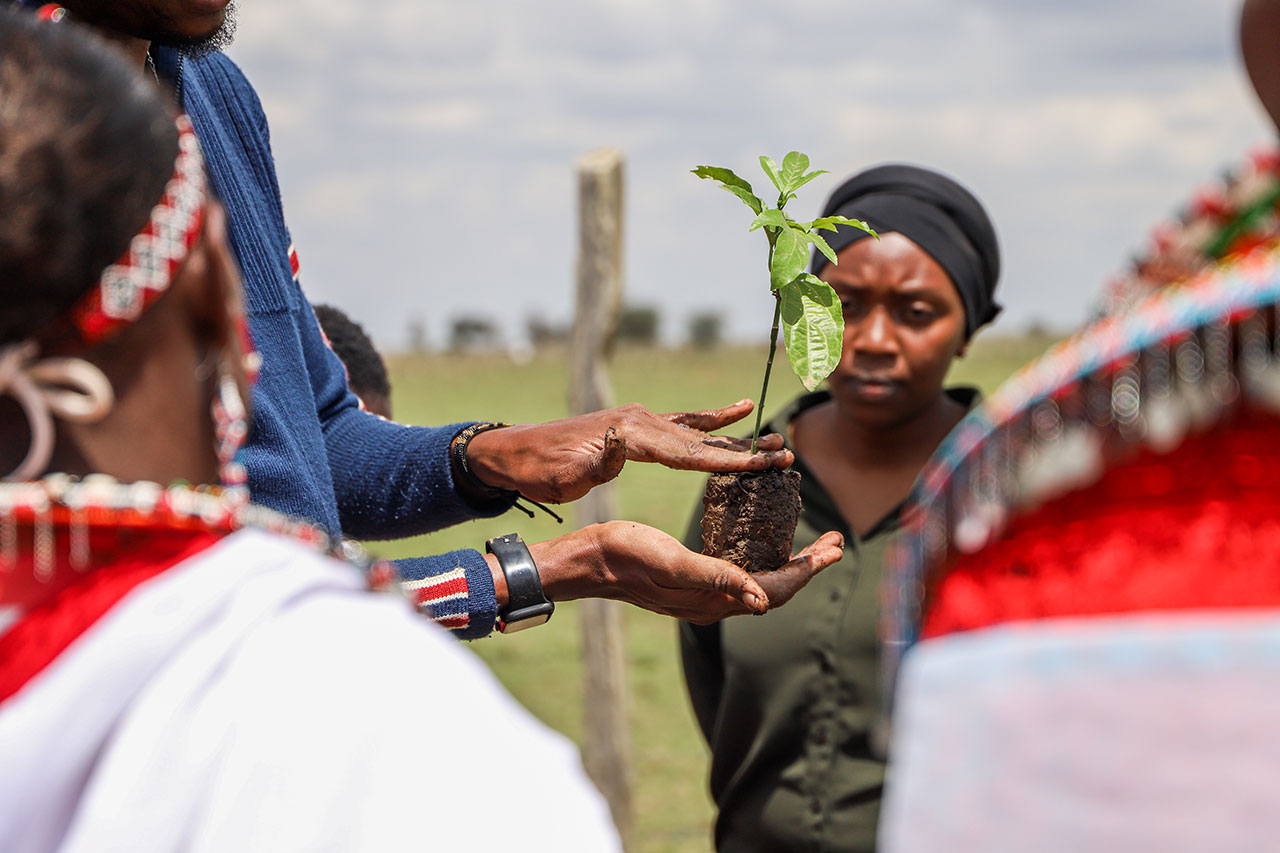
Ipas Collaborative Fund
We will stay the course, and with our partners around the world, Ipas will keep working to make progress—because we believe in a world where everyone can determine their own future.


